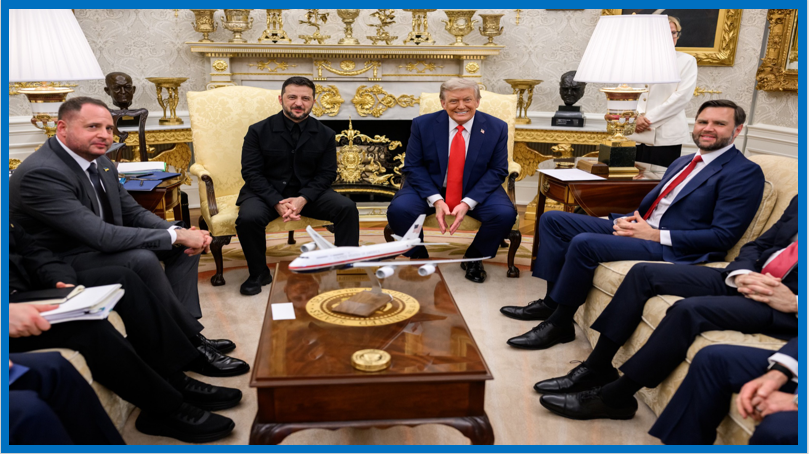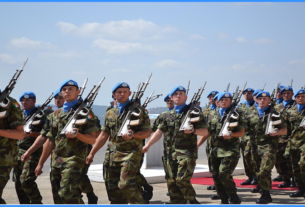WASHINGTON — In a significant policy shift, the Trump administration has indicated that the United States may contribute intelligence, surveillance, and air defense assets to support a European-led peacekeeping framework in Ukraine, contingent on a future peace agreement with Russia.
The announcement marks a departure from President Donald Trump’s earlier stance rejecting any U.S. involvement in postwar peacekeeping operations. While American troops will not be deployed on the ground, senior officials confirmed that Washington is prepared to offer “strategic enablers,” including command-and-control systems, satellite monitoring, and battlefield oversight.
Ukrainian President Volodymyr Zelenskyy’s chief of staff, Andriy Yermak, described the development as “a big change from the spring,” following a high-level meeting in Washington between Zelenskyy, Trump, and European leaders. Yermak emphasized that U.S. support could provide “the backbone” for a broader security architecture.
The proposed plan includes a demilitarized zone monitored by neutral peacekeepers, a fortified border defended by NATO-trained Ukrainian forces, and a deeper buffer zone overseen by European troops. U.S. air defense contributions—such as aircraft, radar, and logistics—would support a European-enforced no-fly zone.
However, the success of the initiative depends on European nations committing substantial ground forces. Pentagon officials stressed that discussions remain “pre-decisional,” and no formal commitments have been made.
Russia has strongly opposed the concept of foreign peacekeepers in Ukraine. Foreign Minister Sergey Lavrov warned that such deployments would constitute “foreign military intervention” and insisted that any security guarantees must involve Russian participation.
The evolving framework reflects growing international efforts to secure long-term stability in Ukraine, though its implementation remains uncertain amid geopolitical tensions and unresolved territorial disputes.



